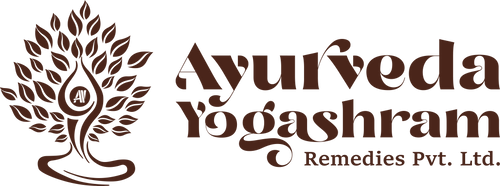Angina Prevention Kit
Angina pectoris is a medical term that signifies pain or discomfort in the chest due to coronary heart disease. Angina or Angina pectoris is often characterized by squeezing, heaviness, tightness, or pain and pressure in the chest, neck, shoulder, jaw, back, or arm. Many individuals feel angina Pectoris to be a heavyweight on the chest or squeezing in the chest. Angina pectoris develops when the heart muscles do not get enough blood as they need. The prime cause of decreased blood flow to the muscle is narrow or blocked arteries in the body, called ischemia. Angina in women can be different than in men. Although it is relatively common, it can be hard to be diagnosed by a doctor. But you still can differentiate between the pain and discomfort of indigestion and angina pectoris.
Ayurvedic Concept-
In Ayurveda, angina pectoralis is named Hritshoola, which means related to the heart. A throbbing and intense pain can be experienced by the person in the chest at this time. It is characterized by the aggravation of Kapha dosh which is denoted as heavy, stable, thick, wet, clear, and cold. Kapha dosha is responsible for the greasiness in the mind and body. But vitiated Kapha is also a cause of toxins production (Ama) in the body. These toxins when accumulated in the channels that are not healthy, result in blockage. During angina, the toxin may start to build up in the hridhyavahi channels or channels of the heart and restrict the arteries from functioning well. Aggravated Kapha also results in Vata vitiation. Vata is dry, cold, and subtle in nature. Due to this Vata aggravation, pain can be experienced by a person. The aim of ayurvedic treatment is to restore the digestive fire and calm the life energies. This is also done with the help of the Satvik diet during procedures and therapies, such as Panchakarma. Stress management is also crucial because it keeps the organs working efficiently.
Benefits
These herbs are immunomodulator herbs and in Ayurvedic terminology, they are rasayanas rejuvenating) i.e. they maintain the balance between all the doshas (humor) and also clarify all the srotas (body channels) through which nutrients are supplied. Due to the proper functioning of srotas (body channels), doshas (humor) remain in their proper amount i.e. the samavastha (balanced condition).
Diet
- Eat more fruits and vegetables.
- Incorporate whole grains instead of refined grains.
- Limit unhealthy fats: no more than 5-6% of your total daily calories should be from saturated fat, avoid trans fat.






